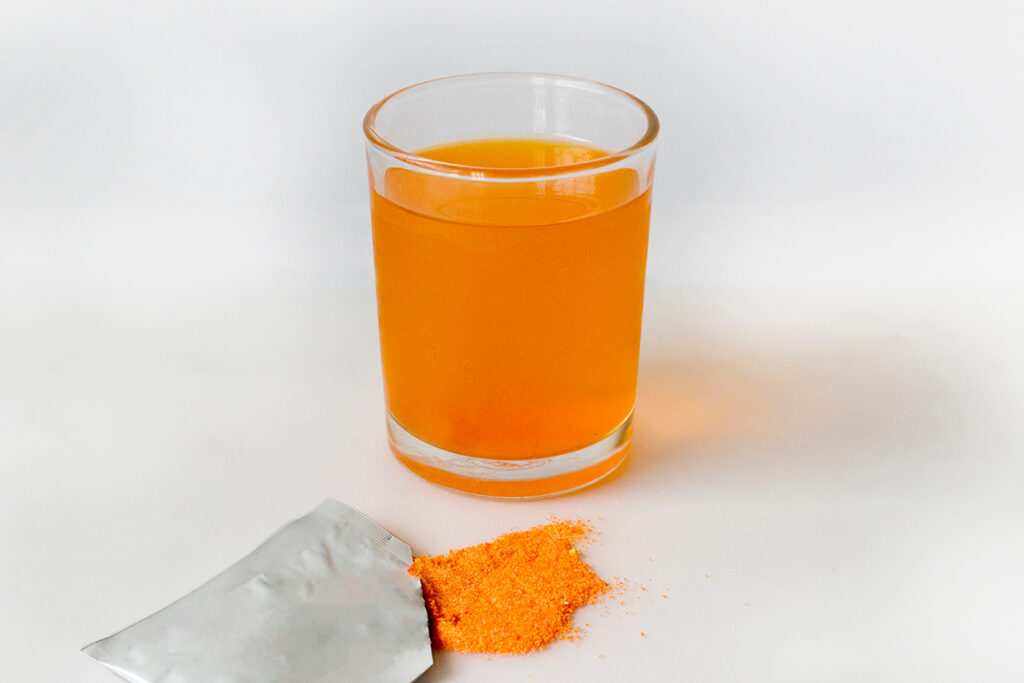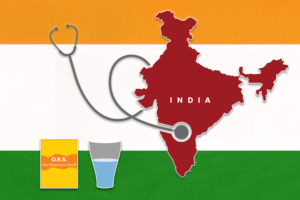Abstract
Most health care providers in developing countries know that oral rehydration salts (ORS) are a lifesaving and inexpensive treatment for child diarrhea, yet few prescribe it. This know-do gap has puzzled experts for decades. Using randomized experiments in India, we estimated the extent to which ORS underprescription is driven by perceptions that patients do not want ORS, provider’s financial incentives, and ORS stock-outs (out-of-stock events). Patients expressing a preference for ORS increased ORS prescribing by 27 percentage points. Eliminating stock-outs increased ORS provision by 7 percentage points. Removing financial incentives did not affect ORS prescribing on average but did increase ORS prescribing at pharmacies. We estimate that perceptions that patients do not want ORS explain 42% of underprescribing, whereas stock-outs and financial incentives explain only 6 and 5%, respectively.
The full study can be viewed at Science.
Wagner, Z. (2024). What drives poor quality of care for child diarrhea? Experimental evidence from India. Science, 383(6683).
Sign up for Schaeffer Center news

